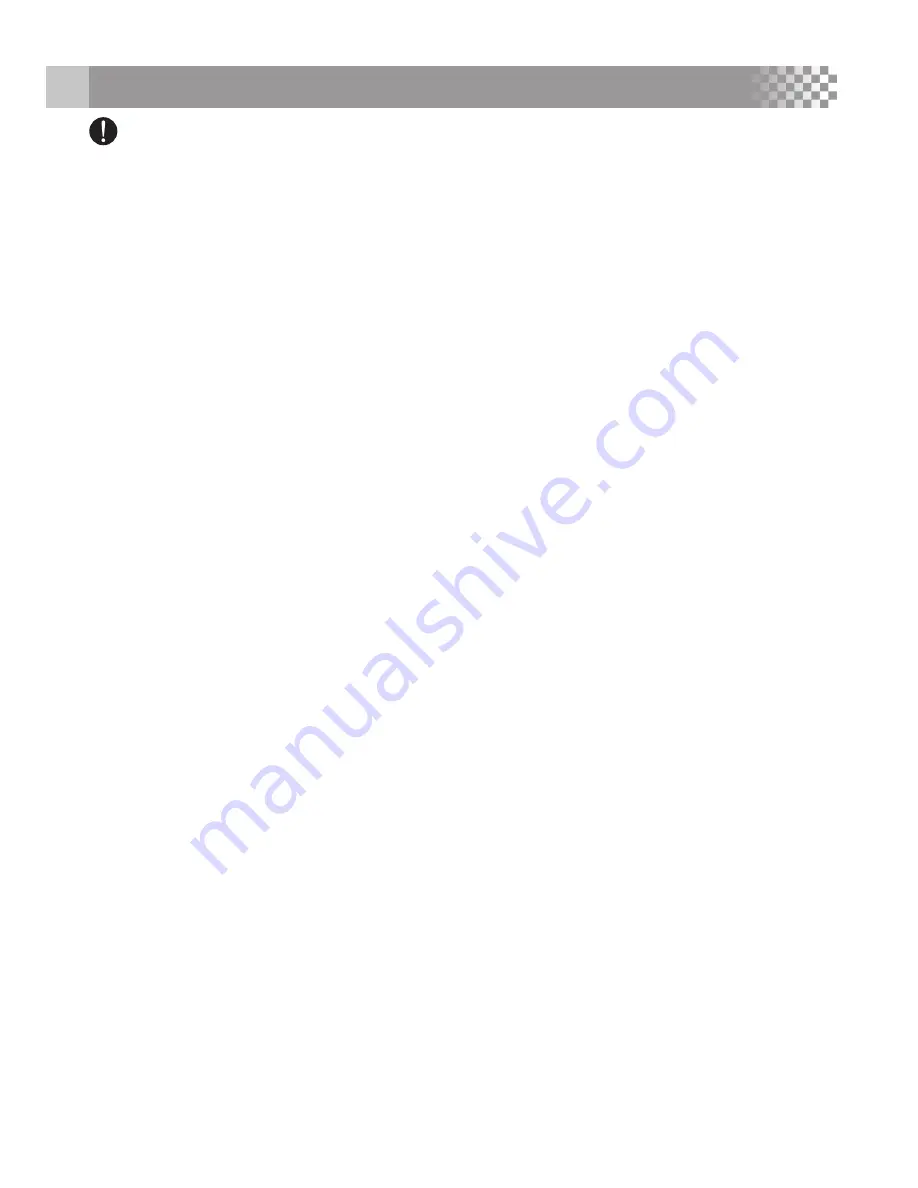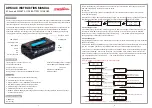
Charging
During charge process, a specific quantity of electrical energy is fed
into the battery. The charge quantity is calculated by multiplying charge
current by charge time. The maximum permissible charge current
varies depending on the battery type or its performance, and can be
found in the information by the battery manufacturer. Only batteries
that are expressly stated to be capable of quickcharge are allowed to
be charged at rates higher than the standard charge current.
Connect the battery to the terminal of the charger: red is positive and
black is negative. Due to the difference between resistance of cable
and connector, the charger can not detect resistance of the battery
pack. The essential requirement for the charger to work properly is that
the charge lead should be of adequate conductor cross-section, and
high quality connectors which are normally goldplated should be fitted
to both ends.
Always refer to the manual by the battery manufacturer pertaining
to charging methods. Operate according to their recommended
charging current and charging time. lithium batteries, in particular,
should be charged strictly according to the manufacturer’s instruction.
Close attention should be paid to the connection of lithium batteries.
Do not attempt to disassemble the battery pack arbitrarily.
Please get highlighted that lithium battery packs can be wired in
parallel and in series. In the parallel connection, the battery's capacity
is calculated by multiplying single the battery's capacity by the number
of cells, bearing in mind that total voltage stays the same. If the voltage
is imbalanced, it may cause a fire or explosion. Lithium batteries are
recommended to charge in series.
WARNING AND SAFTEY NOTE
9











































